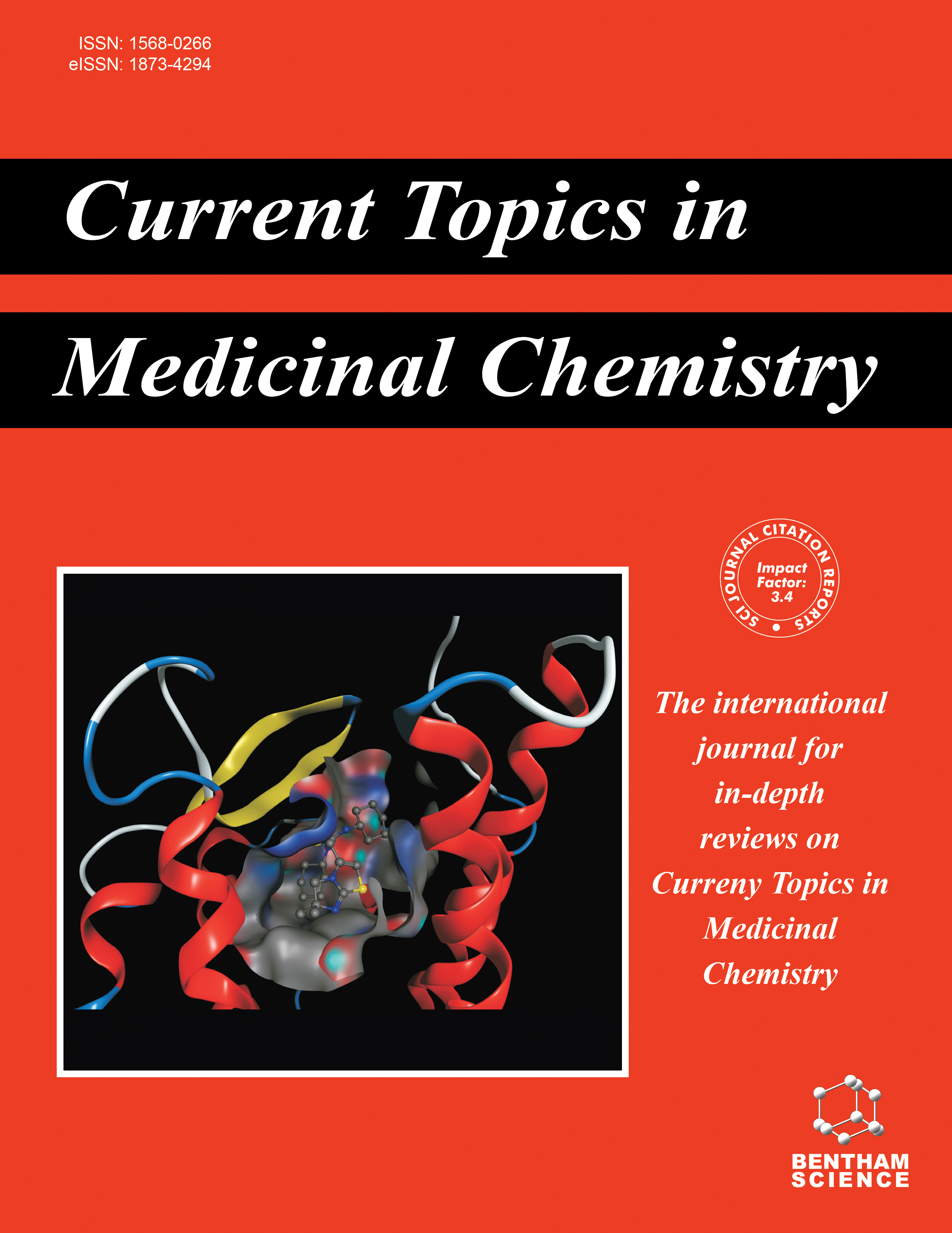
Full text loading...
Alzheimer's disease (AD) is a prominent neurodegenerative ailment characterized by the constraints of conventional therapies stemming from insufficient medication transport to the brain. This review examines the function of polymeric nanocarriers (PNCs) in improving therapeutic efficacy for Alzheimer's disease treatment.
We analyze the principal obstacles to Alzheimer's disease drug delivery: the blood-brain barrier, the blood-cerebrospinal fluid barrier, and multidrug resistance proteins. The review examines three categories of PNCs: polymeric nanoparticles, polymeric micelles, and dendrimers, and their capacity to surmount these obstacles. Literature investigations used search engines like PubMed, Google Scholar, and ScienceDirect.
PNCs exhibit superior drug delivery via better biocompatibility, regulated release, and targeted delivery mechanisms. Recent studies demonstrate the effective delivery of several pharmaceuticals, including rivastigmine and galantamine, resulting in enhanced cognitive outcomes in Alzheimer's disease models. Patent research indicates an increase in innovation for PNC-based Alzheimer's disease treatments.
Despite ongoing hurdles in biocompatibility and scalability, PNCs exhibit significant potential to transform Alzheimer's disease treatment by improving medication delivery across biological barriers. Current investigations in nanotechnology and combinatorial medicines indicate a favorable outlook for PNC-based medicinal strategies.

Article metrics loading...

Full text loading...
References


Data & Media loading...

